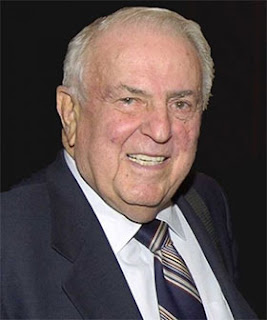Teaching the 2016 Election: A High-Stakes Political Marriage
by Shawn Healy, PhD, Civic Learning Scholar When we enter the voting booth on November 8 and exercise our choice at the top of the ticket, it will be framed among the leading stand-bearers, Clinton or Trump, or for those seeking none of the above, perhaps Johnson or Stein. But in so doing, we are blessing a marriage to his or her running mates. Our Constitution made vice presidential selections for the Commander-in-Chief a consolation prize to the second-place finisher. Politics indeed made for interesting bedfellows as the President could be stuck for four years or longer with his opponent lurking a heartbeat away. The 12 th Amendment forever altered this construction , acknowledging the growth of political parties with differentiated platforms, and allowing candidates to select running mates with similar stripes. Historically, vice presidential candidates have been picked to round out the ticket, providing regional, ideological, or experiential balance. Massachusetts Senat...



